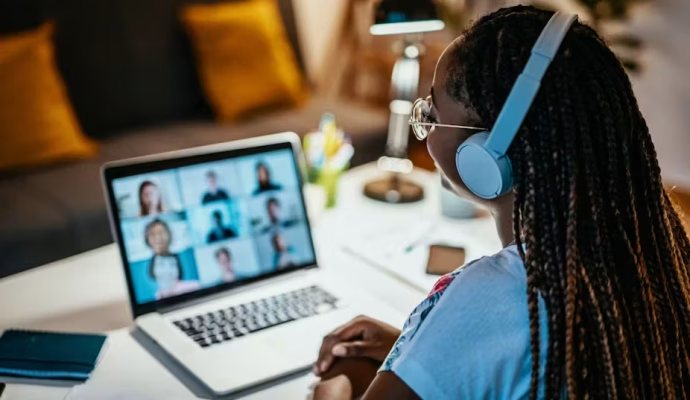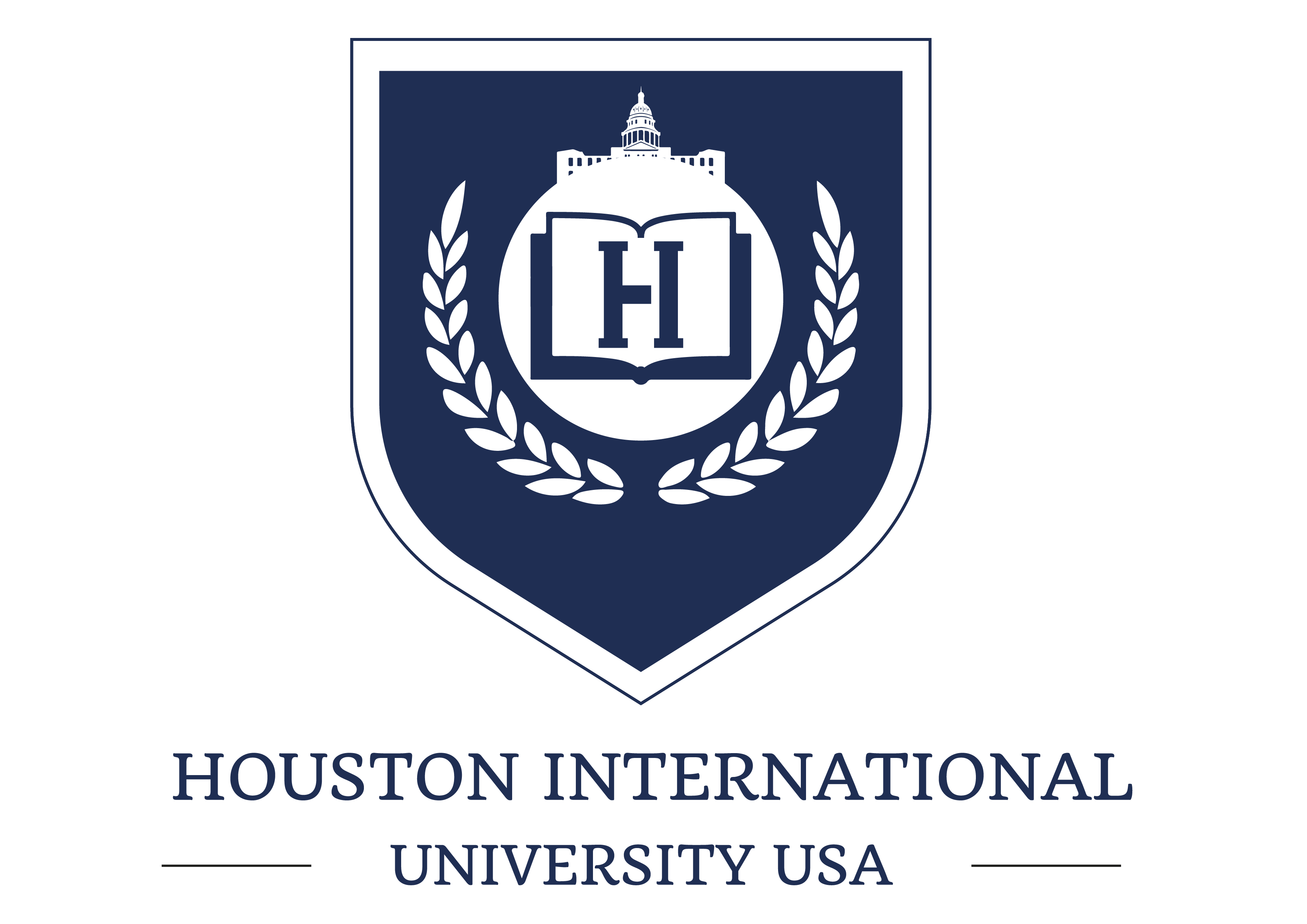Education is the process of facilitating learning, or the acquisition of knowledge, skills, values, morals, beliefs, habits, and personal development. Educational methods include teaching, training, storytelling, discussion, and directed research. Education frequently takes place under the guidance of educators; however, learners can also educate themselves. Education can take place in formal or informal settings, and any experience that has a formative effect on the way one thinks, feels, or acts may be considered educational. The methodology of teaching is called pedagogy.
Teaching is one of the instruments of education, and its special function is to impart understanding and skill. The main function of teaching is to make learning effective. The learning process gets completed as a result of teaching. So, teaching and learning are very closely related.
Education vs. Teaching – What is the difference?
“A child educated only at school is an uneducated child” – George Santayana 1863 – 1952, philosopher and Harvard Professor. Ponder that for a while.
What about this one – attributed to Albert Einstein (who?) but in fact, its true origins are unknown. “Education is what remains after one has forgotten what one has learned in school.”
These are rather deep statements, and the reason I say this is as follows. Many parents often think that if their child is not actively working, i.e., reading or writing or memorizing things, then they cannot possibly be learning. We ourselves are products of a schooling system that was one-size-fits-all. Everybody sat in a classroom, which had been arranged neatly in rows, and the teacher presented material, and we practiced the material until it was perfect.
There is so much more to an education than what a child is taught in the classroom or the space inside your home that you have dedicated to homeschooling. The opportunities for an education are endless and present themselves on a daily basis. An education is something whereby a child is offered far more than only content and material. An education is also about common sense (although I don’t know why it’s called common sense. If it was indeed common, more people would have it).
Having self-awareness and awareness of others, being kind to one another. Having empathy, compassion, and respect – that’s an education.
Differentiating learning and teaching is very easy. In direct definition, teaching is giving lessons about a particular subject to a group of learners. While learning is gaining knowledge by studying, being taught, and experiencing. Students can learn without teachers, but teachers can’t teach without learners.

Teaching is the imparting of facts, the transference of subject matter from a teacher to a student, after which the student is tested to see how well the teacher delivered the subject matter and whether the student retained it.
We need to break out of this traditional mold and review what we value more – our kids simply being taught, or the education they receive. Both have their place, indeed, but I’ll leave you with one more quote from the already-mentioned Mr. Einstein. “Education is not the learning of facts, but the training of the mind to think.”
Education is an evolving field, and institutions like Houston International Professional Online University recognize that learning is a lifelong process that extends far beyond the classroom. This modern university embraces innovative methodologies that go beyond memorization and test-taking. Instead, it fosters critical thinking, problem-solving skills, and the ability to adapt to an ever-changing world.
Technology has significantly impacted education, allowing students access to a wealth of information beyond their textbooks. Platforms like Houston International Professional Online University leverage online learning tools, virtual classrooms, and AI-driven personalized learning experiences to ensure students get an education tailored to their unique needs.
The role of teachers has also evolved. Instead of being the sole sources of information, educators are now facilitators of learning, guiding students as they explore topics independently. Teaching has shifted from rote learning to interactive, experience-based education that encourages curiosity and creativity.
Education is no longer confined to rigid systems. It extends to real-world applications, hands-on experiences, and self-directed learning. A student who experiments, explores, and questions is actively engaging in the educational process. Schools, universities, and learning institutions must adapt to this paradigm shift to remain relevant.
The Houston International Professional Online University is one such institution that exemplifies this shift by offering flexible learning environments. Online education allows students to tailor their schedules, access resources at their convenience, and engage with global communities to enhance their perspectives.
Beyond academics, education encompasses life skills. It teaches individuals how to communicate effectively, manage their emotions, collaborate with others, and develop resilience. A well-rounded education produces individuals who can navigate both professional and personal challenges successfully.
Education is about nurturing minds to think, innovate, and grow. It is about fostering curiosity, independence, and the drive to seek answers. The best educational systems recognize that the future belongs to those who are adaptable, creative, and open to continuous learning.
While traditional classroom learning will always have its place, the future of education is dynamic and ever-changing. With institutions like Houston International Professional Online University, students are empowered to take control of their learning journeys and prepare themselves for the complexities of the modern world.
